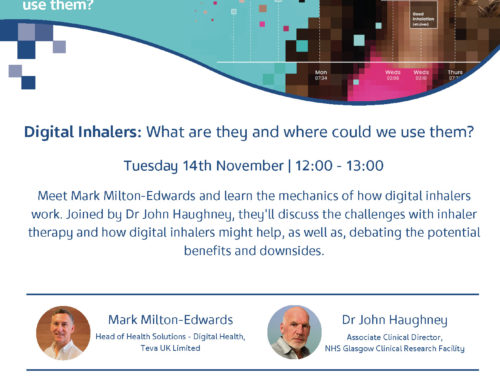The Royal College of Physicians of Edinburgh (‘the college’) recently hosted a debate on end-of-life care – the second in a series of evening medico-legal debates organised and led by the college, with support from the Faculty of Advocates.
On the debating panel were Edinburgh Western MSP, Alex Cole-Hamilton, David Stephenson QC, as well as doctors, Sarah Keir, Graham Nimmo, and Gordon Linklater, and Maureen O’Neill, from the college’s Lay Committee.
End-of-life care is an emotive topic, and doctors are often faced with questions about what is the best care for their patients at the right time, including the possible discontinuation of treatments if appropriate. One of the most challenging questions is whether or not cardiopulmonary resuscitation is appropriate for patients. In some cases, withholding or withdrawing treatment has been perceived as hastening death – sometimes leading to legal action.
The audience heard on the night that disagreements between the people involved in end-of-life care can often complicate matters. This can include disagreements between doctors, families, and patients.
In addition, many patients wish to die at home, but this may be unrealistic, yet hospice spaces are limited and hospitals may struggle to provide the appropriate environment for the dying patient. These issues and more were discussed in detail during the debate.
Commenting, Dr Conor Maguire, Education Director at the College, said, ‘Doctors are acutely aware of the challenges around end-of-life care and assisted dying, and we understand how distressing these issues can be for patients and their families. End-of-life care can be a very emotive issue. There are different opinions within the medical profession on assisted dying, just as we have seen in the Scottish parliament during debates and votes as recently as 2015.
‘This debate was an opportunity to have an open and frank conversation about assisted dying and end-of-life care with representatives from medical, political, and legal circles. It’s vital that the debate continues to include doctors, patients, and families as they are the people most affected by some of the tough decisions around end-of-life care.’








